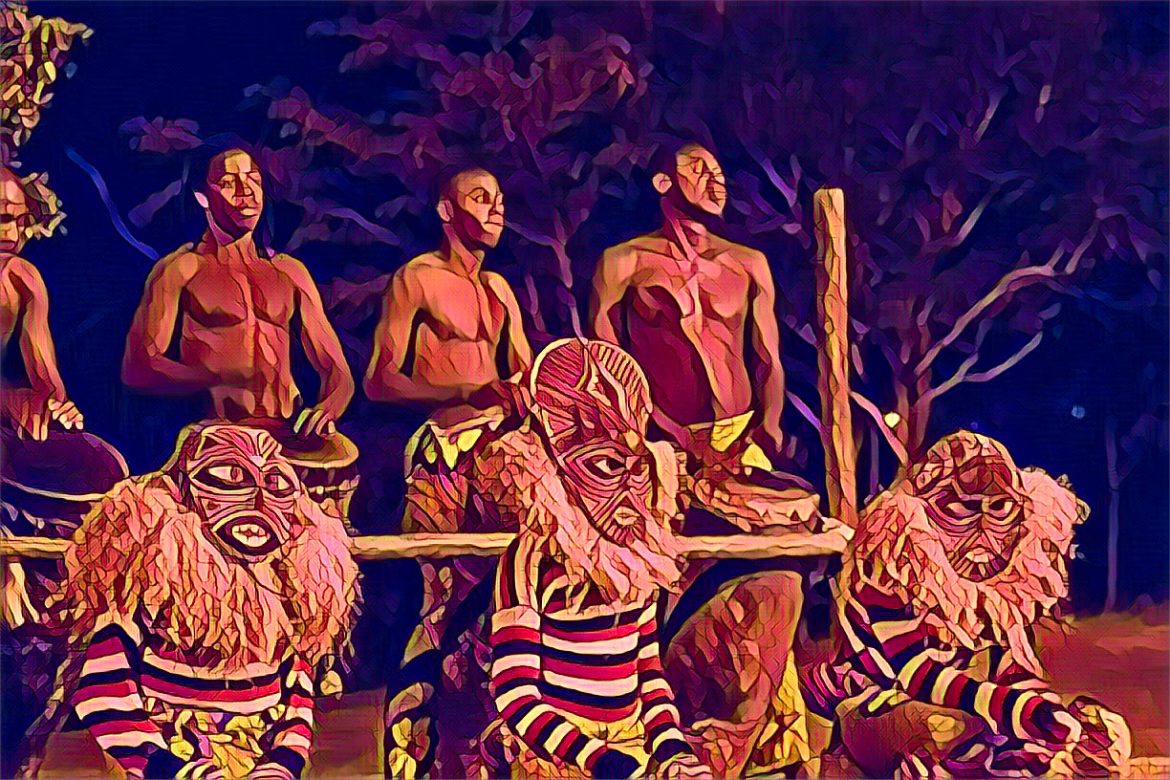In Matabeleland South province, villagers are expressing concerns about the rapid erosion of their cultural values. They attribute this decline to the influence of modern lifestyles and ideologies. This loss is deeply felt in communities such as Ward 14, Maphisa, and Kezi under Chief Ndiweni Nyangazonke, where traditional African values and norms are perceived to be under threat from contemporary influences and human rights activism that promotes LGBTQ+ acceptance.
Chief Nyangazonke expressed a deep sense of nostalgia for the past when traditional methods of governance could swiftly address what he views as moral infractions. This contrasts sharply with today’s environment where such actions are curtailed by human rights considerations. He lamented the role of human rights activists in promoting LGBTQ+ practices, which he sees as contrary to the community’s traditional values. The chief reminisced about a time when community leaders like Tshaka could decisively handle disputes and behaviors deemed unacceptable, highlighting a tension between traditional governance and modern human rights standards.
Villagers, including Nimrod Makhiwa Moyo and Pickson Nyathi, echoed the chief’s concerns, noting a significant cultural shift among the youth. Moyo pointed out that many young people are leaving their rural homes for urban areas, drawn by the allure of modernity and the promise of quicker economic gains, neglecting their cultural roots and responsibilities to their communities. This migration is viewed as a threat to the preservation of traditional practices and values, signaling a potential “natural death” of the community’s cultural heritage.
Nyathi brought attention to the impact of these changes on traditional practices like arranged marriages. The autonomy granted to the younger generation allows them to choose their partners without parental oversight or involvement, disrupting long-standing customs and diminishing parental authority in marital arrangements.
Artwell Sibanda highlighted another dimension of the cultural shift: economic changes that see young people becoming the primary breadwinners in their families. This reversal of financial roles has altered family dynamics, reducing the influence parents have over their children and limiting their ability to enforce cultural norms. This shift often leads to conflicts within families, as parents find it challenging to discipline or guide their children who financially support the household.
These narratives from the villagers of Maphisa, Kezi, paint a vivid picture of a community grappling with the challenges of balancing respect for human rights and the preservation of cultural identity. The villagers’ accounts underscore a deep-seated fear that their cherished traditions are being diluted by external influences and economic pressures, leading to a generational rift that threatens the fabric of their society.
This situation in Matabeleland South is emblematic of broader trends affecting rural communities across Africa, where globalization and the spread of human rights ideologies often clash with traditional values. The tension between preserving cultural heritage and adapting to a changing world poses complex questions about identity, continuity, and the role of tradition in a rapidly evolving societal landscape.
As communities face these challenges, the debate between cultural preservation and modernization continues to evolve. This reflects the universal struggle to find a balance that respects both human rights and cultural heritage. This ongoing conversation is crucial for fostering understanding and developing strategies that honor and integrate traditional values with the global movement towards inclusivity and human rights.
Source: Newsday


